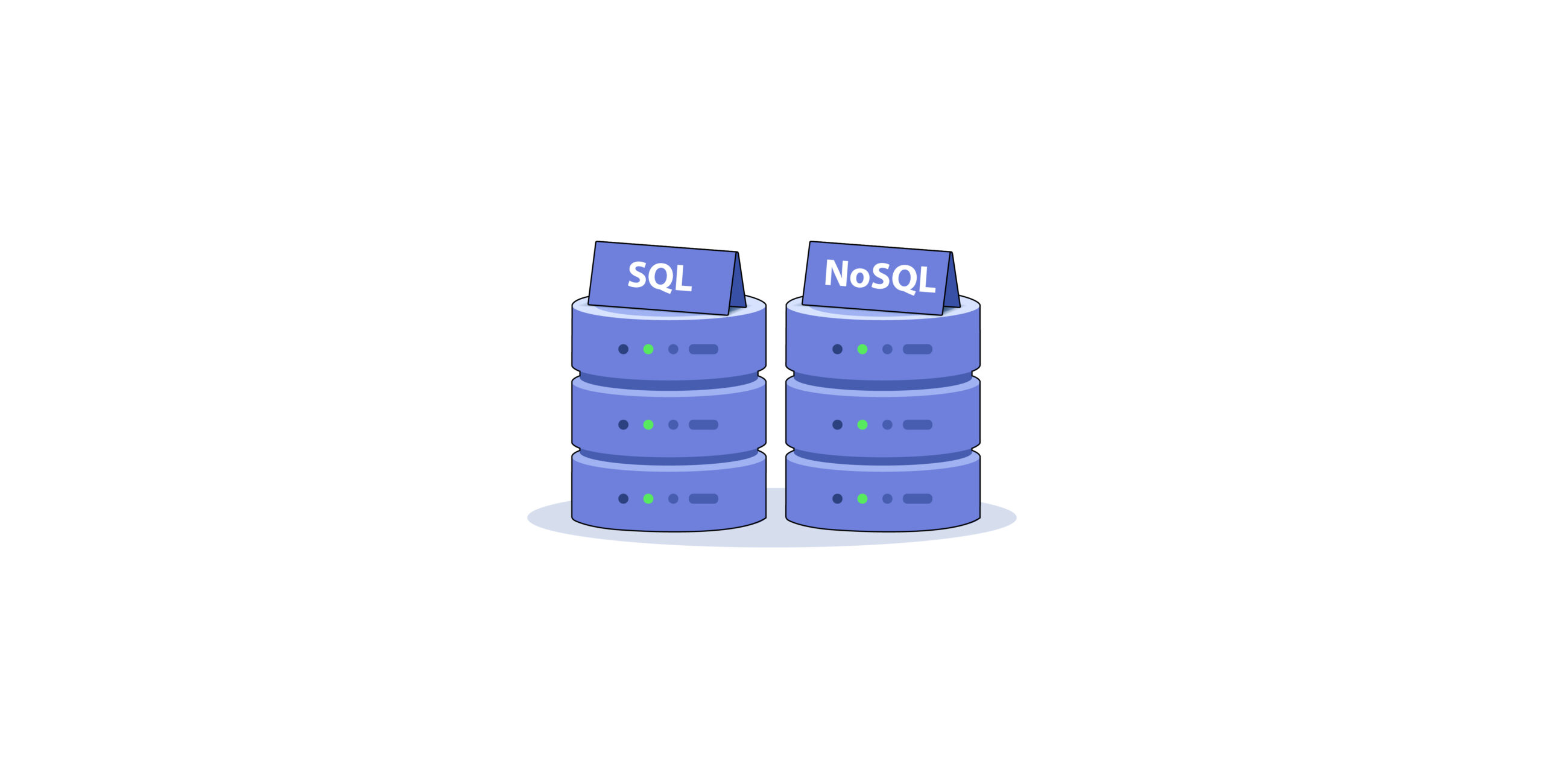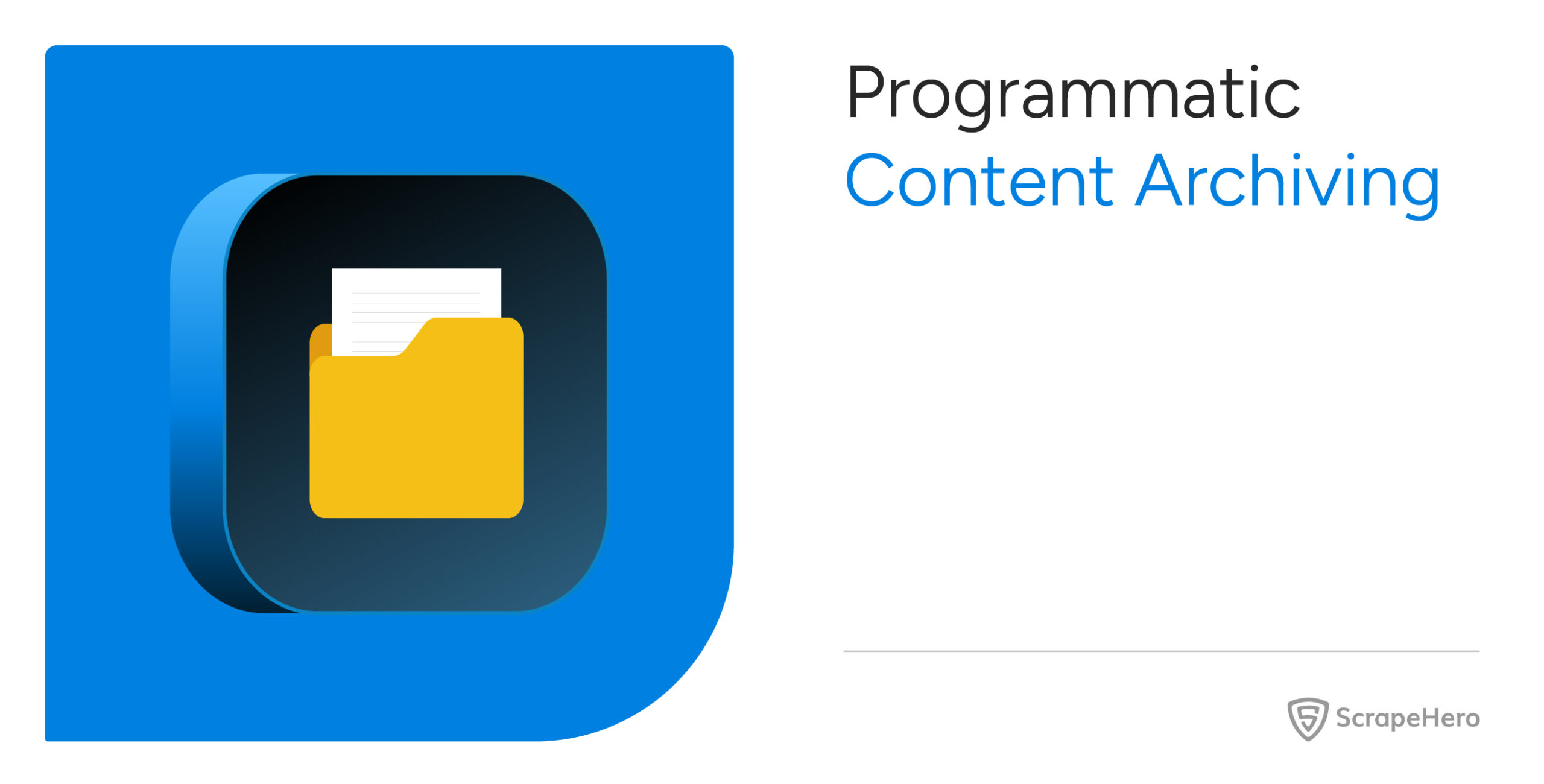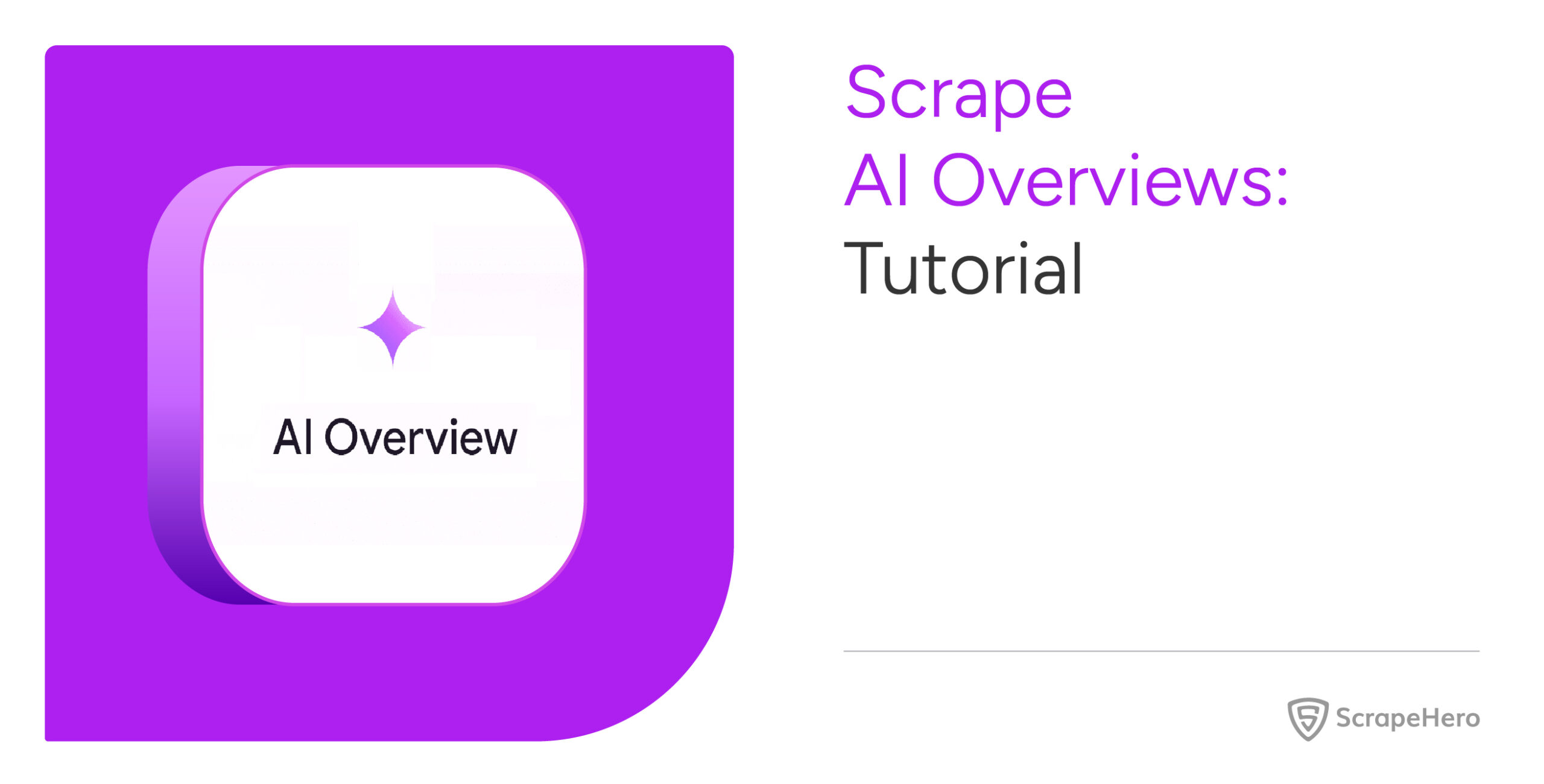You might be unsure which of the two fundamental types of database systems, SQL and NoSQL, is more suitable for your data management needs.
Efficient data storage for scraped data ensures quick retrieval and organization, which is crucial for web scraping.
This article will guide you in choosing the correct database for your needs by comparing NoSQL vs. SQL for web scraping data and helping you determine which one is better suited for storing scraped data.
NoSQL vs. SQL Databases: Overview
SQL (Structured Query Language) databases are traditional systems that organize structured data into tables with rows and columns.
They are reliable even during system failures as they manage well-defined relationships between data points and ensure data integrity through ACID compliance (Atomicity, Consistency, Isolation, and Durability).
SQL databases are ideal for structured data like financial records or product inventories as they ensure efficient organization and easy querying.
NoSQL (Not Only SQL) databases are modern systems that offer more flexibility and scalability and handle large volumes of diverse data.
These databases are used for applications that need rapid scaling, unstructured or semi-structured data management, and distributed storage across multiple servers.
NoSQL databases store data without predefined structures and can scale across multiple machines as data grows, making it suitable for high-traffic applications like IoT platforms.
NoSQL vs. SQL Databases: Popular Databases
a) Popular SQL Databases
1. MySQL
MySQL is one of the most widely adopted open-source SQL databases. Due to its speed, reliability, and ease of use, it powers many web applications, including WordPress.
MySQL also offers features such as replication, clustering, and high availability, which is ideal for web-based applications and content management systems.
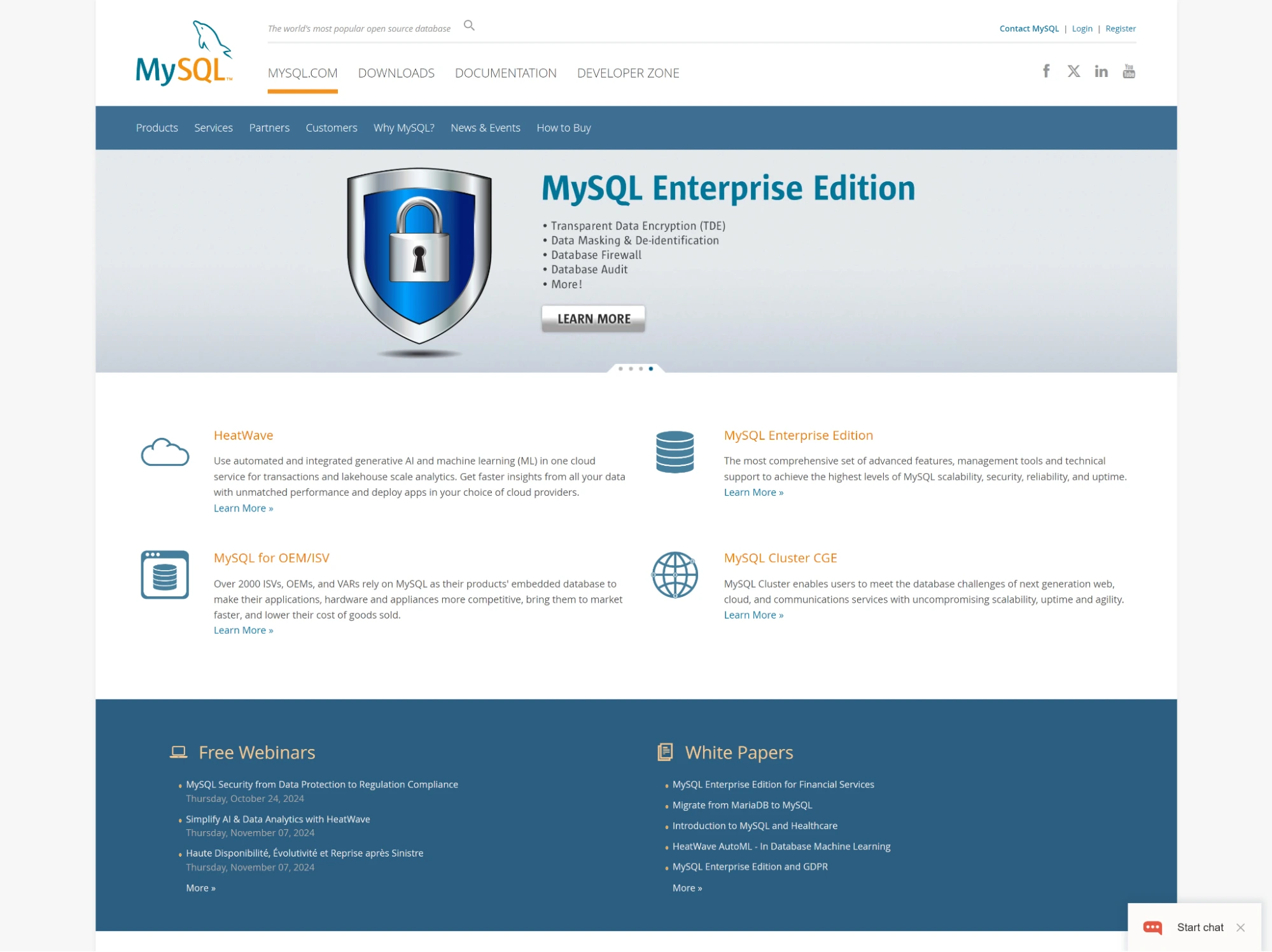
2. PostgreSQL
PostgreSQL is an open-source SQL database that can handle complex queries, large datasets, and advanced data types.
It is suitable for both relational and non-relational data as it supports features like full-text search and custom data types.
PostgreSQL is usually used in environments that require high data integrity and scalability, such as scientific computing and financial transactions.
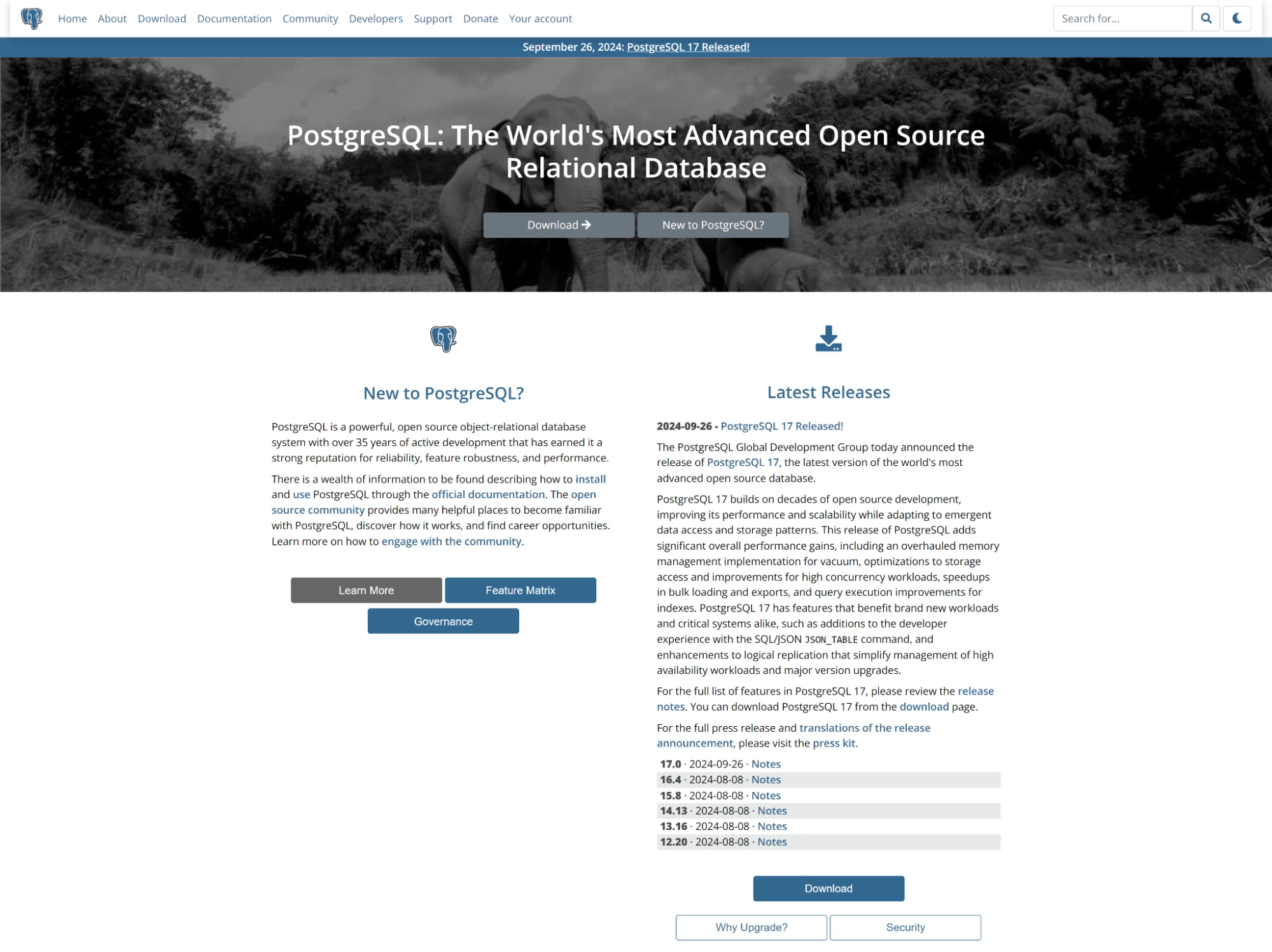
3. SQLite
SQLite is a serverless, lightweight SQL database mainly used in mobile apps, browsers, and embedded systems.
It is easy to deploy and manage, and stores the entire database as a single file on disk.
SQLite is a good option for local storage in mobile apps, IoT devices, and small projects but is not suitable for high-traffic or large-scale applications.
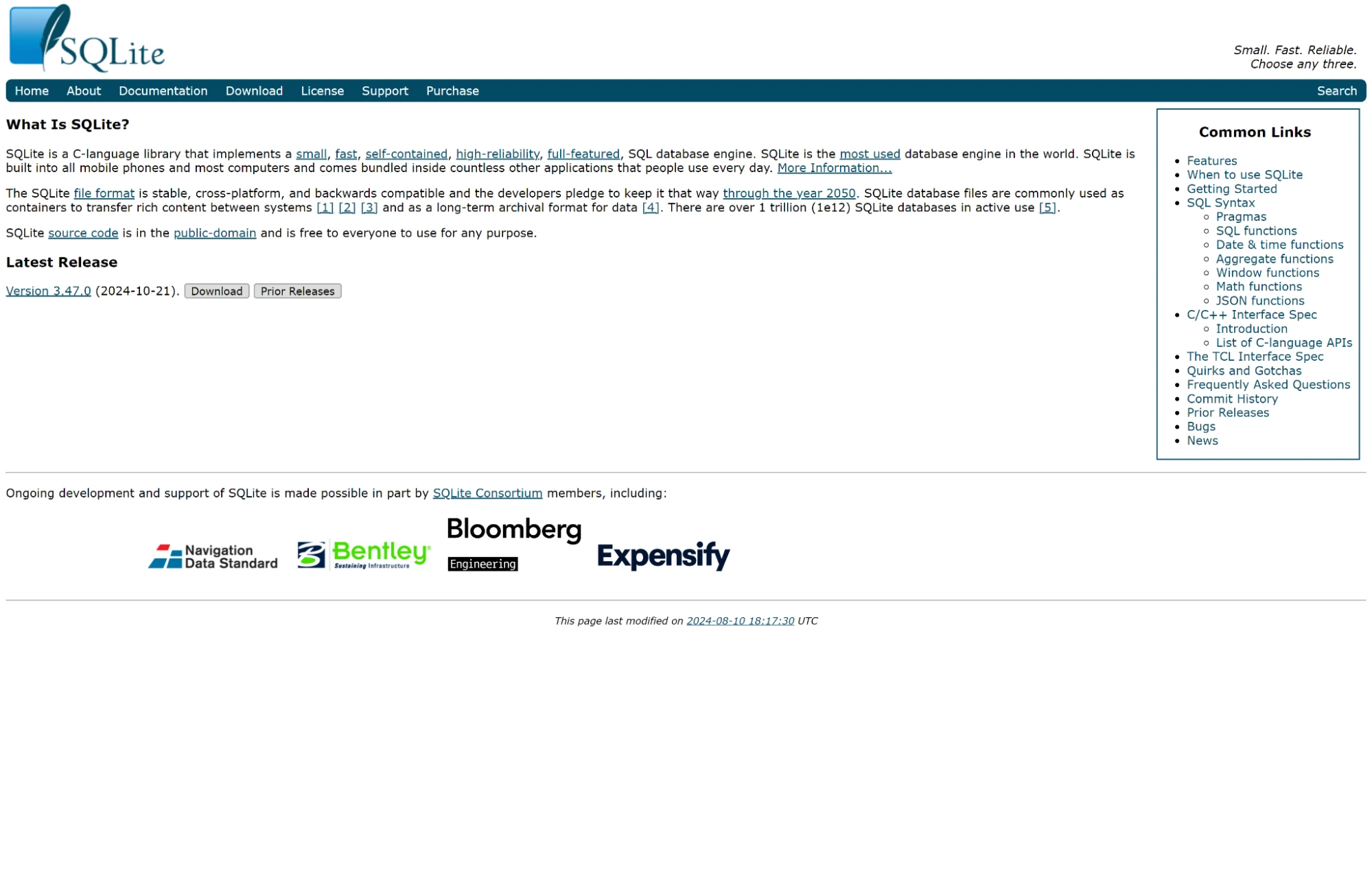
Do you know that many still use the words “datasets” and “database” interchangeably even though they differ in concepts? If you are interested in learning more about them, then read our article about datasets and databases.
b) Popular NoSQL Databases
1. MongoDB
MongoDB is a popular NoSQL database. It stores data in flexible, JSON-like documents called BSON.
It allows for dynamic schemas, which means fields can vary from document to document without requiring predefined table structures.
MongoDB’s flexibility makes it ideal for storing complex, hierarchical data like user profiles, product catalogs, and content management systems.
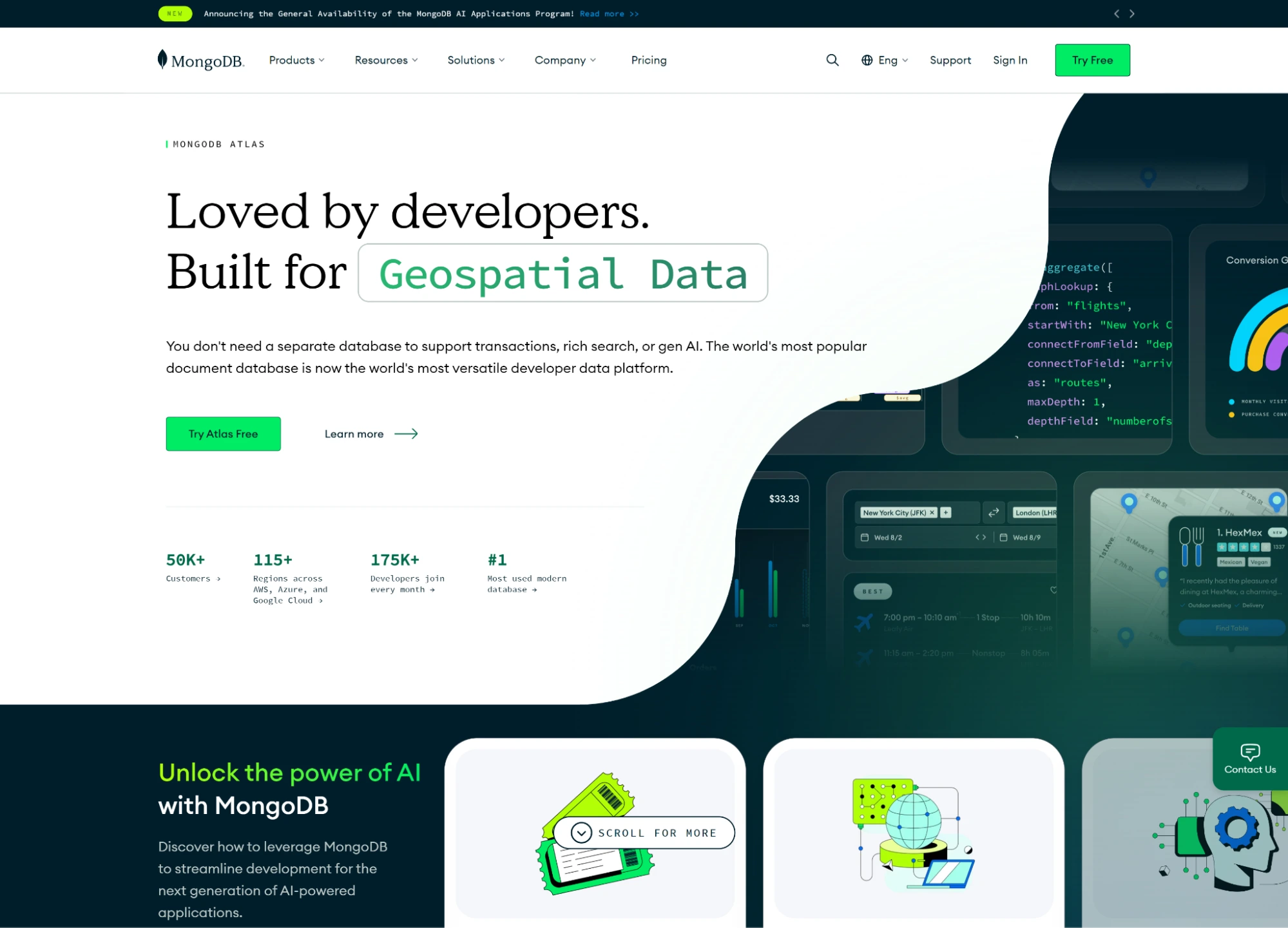
2. Cassandra
Apache Cassandra is a distributed NoSQL database that can handle large volumes of data across multiple servers.
It is apt for applications that require constant uptime and need to manage data at scale, as it uses a peer-to-peer architecture with no single point of failure.
Cassandra efficiently handles massive amounts of real-time data, so it can be used for write-heavy workloads and is reliable even in the face of hardware failures.
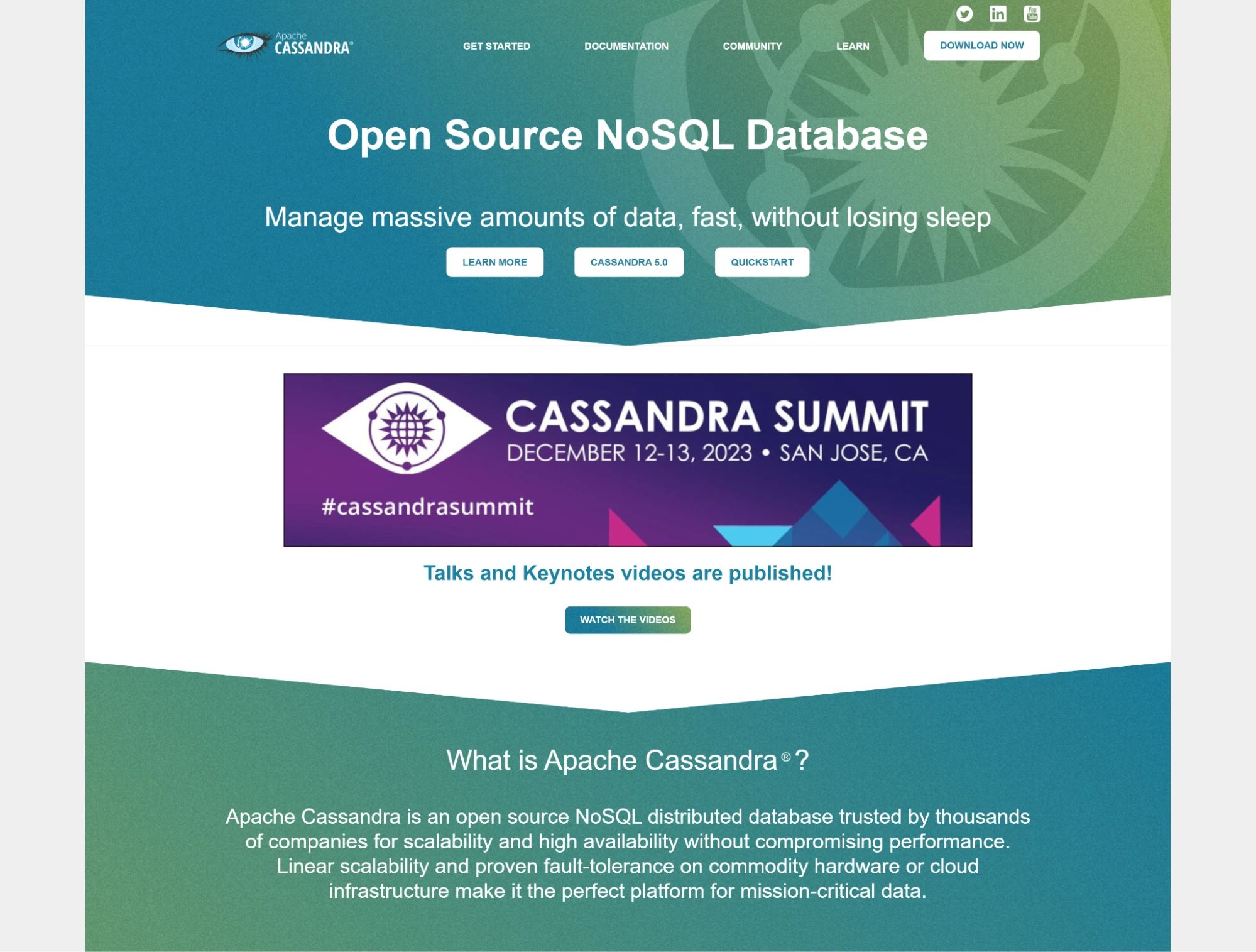
3. Redis
Redis is an in-memory data store that is often used as a cache or message broker. It is also used as a NoSQL database for managing key-value pairs.
Redis stores data in memory rather than on disk, so it has extremely fast read and write operations. For this reason, it is used in cases where real-time data processing is required.
Redis supports a wide range of data structures, including lists, sets, hashes, and sorted sets. It is also effective for time-sensitive operations like real-time analytics.
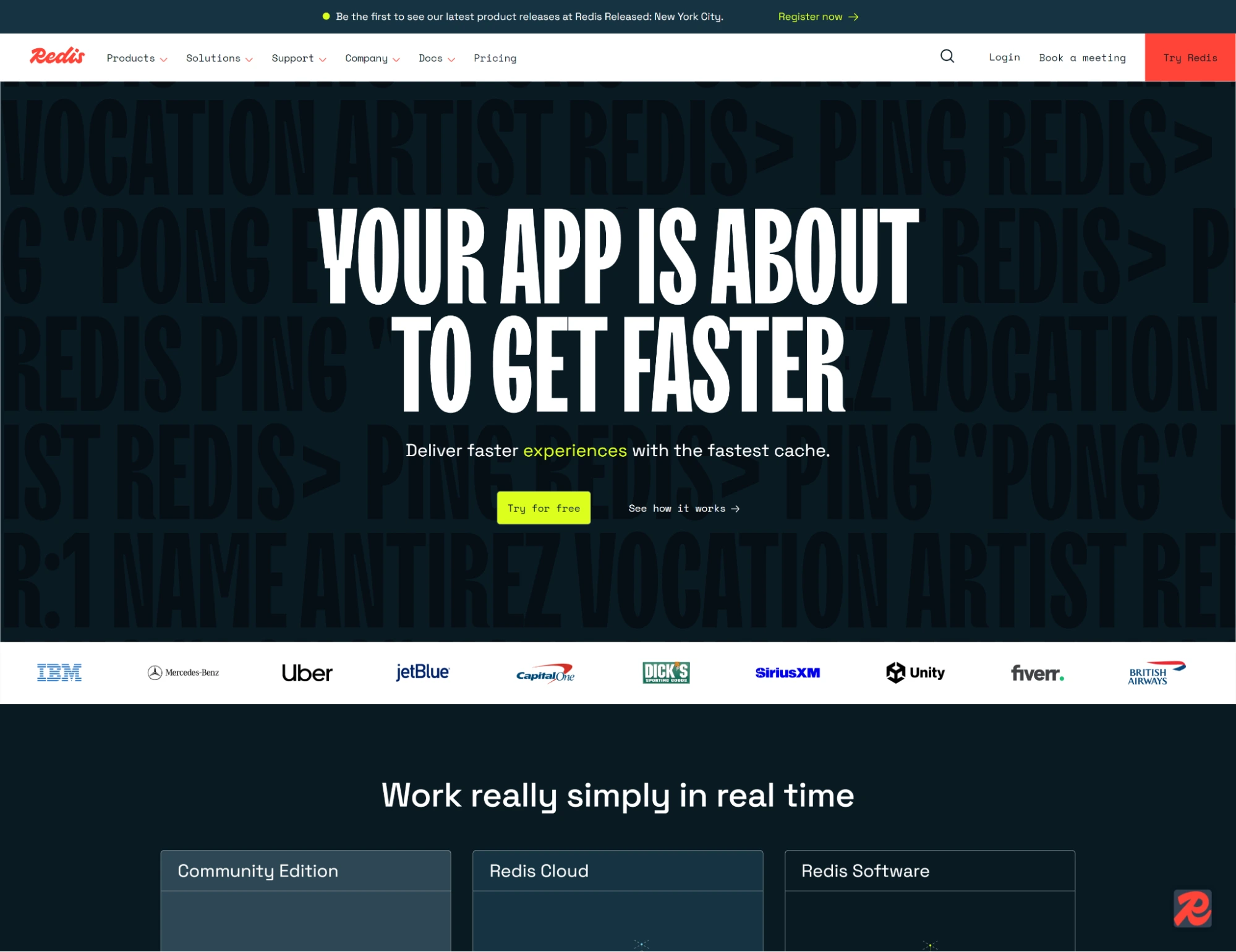
NoSQL vs. SQL Databases: Comparison
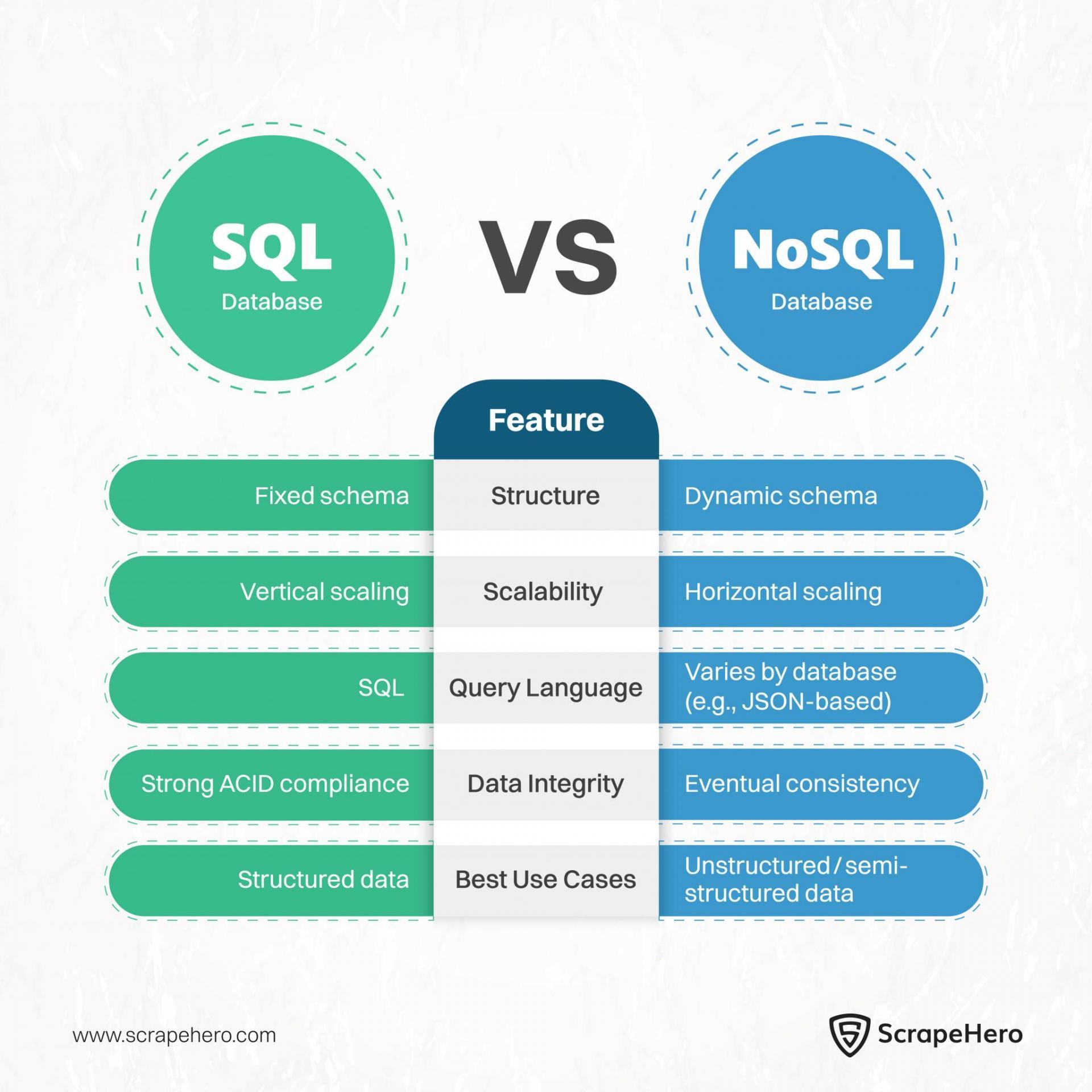
NoSQL vs. SQL Databases: Which One to Choose for Storing Scraped Data
Choosing between SQL and NoSQL for a web scraping data storage depends on the data’s structure and your specific needs.
SQL databases are best suited for scenarios like financial transactions or structured product listings, which require strong data integrity and complex queries.
SQL is a solid choice when managing sensitive data because it is ACID-compliant, which ensures reliable, consistent transactions.
NoSQL databases are built to handle large volumes of unstructured or semi-structured data across distributed systems.
If your scraped data lacks a fixed schema, NoSQL offers the flexibility and scalability you need for efficient data storage for scraped data.
NoSQL is also ideal for applications that require fast processing and adaptability to dynamic data models, although it is less focused on strict data integrity.
Why Should You Consider ScrapeHero Web Scraping Service?
Both SQL and NoSQL databases have their own challenges and choosing between them can be tough, especially for storing scraped data.
SQL databases have issues with rigid schemas, scalability, and handling unstructured data.
NoSQL databases also struggle with complex queries and lack strict ACID compliance, which leads to potential consistency issues.
In such situations, you may have to invest in an in-house scraping infrastructure or outsource costly services.
So, it is always better to entrust the whole scraping process to a cost-effective web scraping service like ScrapeHero.
We can provide you with a full data service that ensures error-free and high-quality data, saving you time and resources.
We also ensure compliance with web scraping laws, allowing your team to focus on core business activities while still benefiting from valuable data.
Frequently Asked Questions
The best database for storing scraped data cannot be determined. It depends on the data type and your needs.
For example, SQL is ideal for structured data, while NoSQL works better for unstructured or semi-structured data.
The security of databases depends on the implementation, not the database type.
If you have proper encryption, access control, and security protocols, both NoSQL and SQL can be secure.
SQL databases are used for structured data that require strong consistency and complex queries.
Whereas NoSQL databases are used for unstructured data and applications that need high scalability and flexibility.
Depending on your data type and performance need, you can choose either.
The pros of SQL databases are that they offer ACID compliance and powerful queries. Their cons are they lack flexibility and scalability.
The pros of NoSQL include scalability and schema-free. One major con is that it sacrifices transaction consistency and complex querying capabilities.

